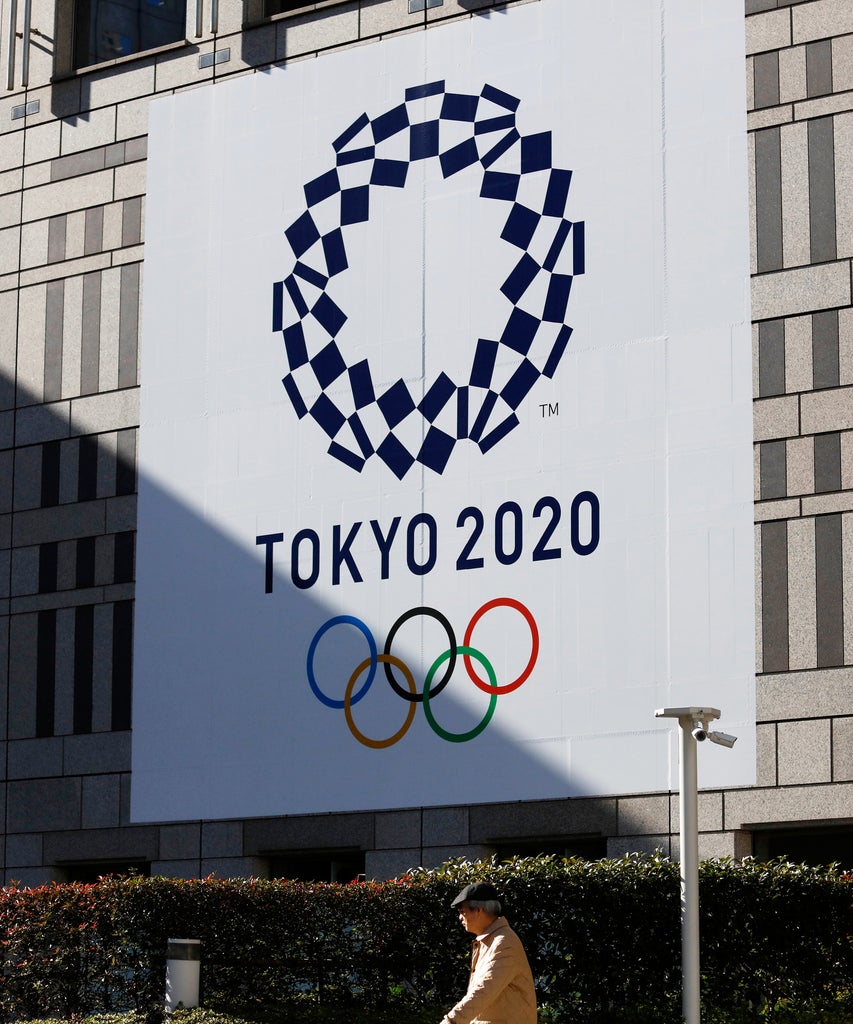Olympics Bans Athletes From Making Political Statements At 2020 Games
January 10, 2020DMT Beauty#DMTBeautySpot #beauty

With the nature of social media, political angst often run rampant on platforms like Facebook, which continues to run political ads — even ones with lies, despite major backlash. Another large organization, however, has taken to banning politics. In a controversial move, the Olympics Committee announced last night that political statements will be banned from the 2020 games.
The policy move, known as Rule 50 in the Olympic Charter, was drafted after two American athletes received consequences for podium gestures at the Pan-American Games in August of 2019. Fencer Race Imboden and hammer-thrower Gwen Berry both received a 12-month probation for different gestures on the medal stand. Imboden took a knee while Berry raised her fist during the medal ceremony’s National Anthem, leading the committee to reevaluate punishments for politically-related protests during the games.
Politics and protest have always been a part of sports-culture. Statements like taking a knee during games have become more and more common in across the world in recent years — in part thanks to players like Colin Kaepernick. During the 1968 games in Mexico City, American sprinters Tommie Smith and John Carlos raised their fists as a salute to Black Power and human rights, still seen as one of the most overtly political statements in the history of the Olympics.
But to some sports fans and official sports organizations, protests have been seen as a disruption, no matter the message. The Olympic Committee now states it won’t tolerate “divisive disruption.”
The new rule states that “political, religious or racial propaganda” will not be allowed at games or medal ceremonies because “sport is neutral.” The move has sparked much controversy on social media from people pushing back on the idea that sports could ever be neutral, especially during the Olympics, when athletes gather from around the world to represent their specific countries.
So what constitutes as protest? Official rules from the committee state that kneeling and hand gestures at games or ceremonies count as political statements. Protests include displaying any political messaging, including signs or armbands, any gestures of a political nature, or refusal to follow the protocol at ceremonies. The guidelines explain that expressing views is different from protesting or demonstrating, and that the rules they’ve set forth extend to trainers, coaches, and all officials at the Olympics.
“We believe that the example we set by competing with the world’s best while living in harmony in the Olympic Village is a uniquely positive message to send to an increasingly divided world,” reads the statement in the guidelines released ahead of the 2020 games. “This is why it is important, on both a personal and a global level, that we keep the venues, the Olympic Village and the podium neutral and free from any form of political, religious or ethnic demonstrations.”
Athletes or participants who fail to abide by Rule 50 and the Olympic Charter will face three levels of consequences, including being evaluated by their respective National Olympic Committee, International Federation and the IOC. The rule states that “disciplinary action will be taken on a case-by-case basis as necessary.”
In the current political climate of the world, this ban signals the Olympics attempting to take a side. During a time when many people feel divided and silenced, this further limits people’s ability to use one more platform to make their beliefs known.
With athletes hailing from all over the world to represent their country, it’s important to note that sport, especially of this nature, is impossible to separate from politics. Taking a neutral stance is in itself a political stance. So will participants at the Olympics follow or push back? We’ll have to wait for answers.
Related Content:
Like what you see? How about some more R29 goodness, right here?
Colin Kaepernick Stars In Nike Campaign
Twitter Banned Political Ads. Is Facebook Next?
Megan Rapinoe Is Sportsperson Of The Year
DMTBeautySpot
via https://www.DMTBeautySpot.com
Elly Belle, Khareem Sudlow

0 comments